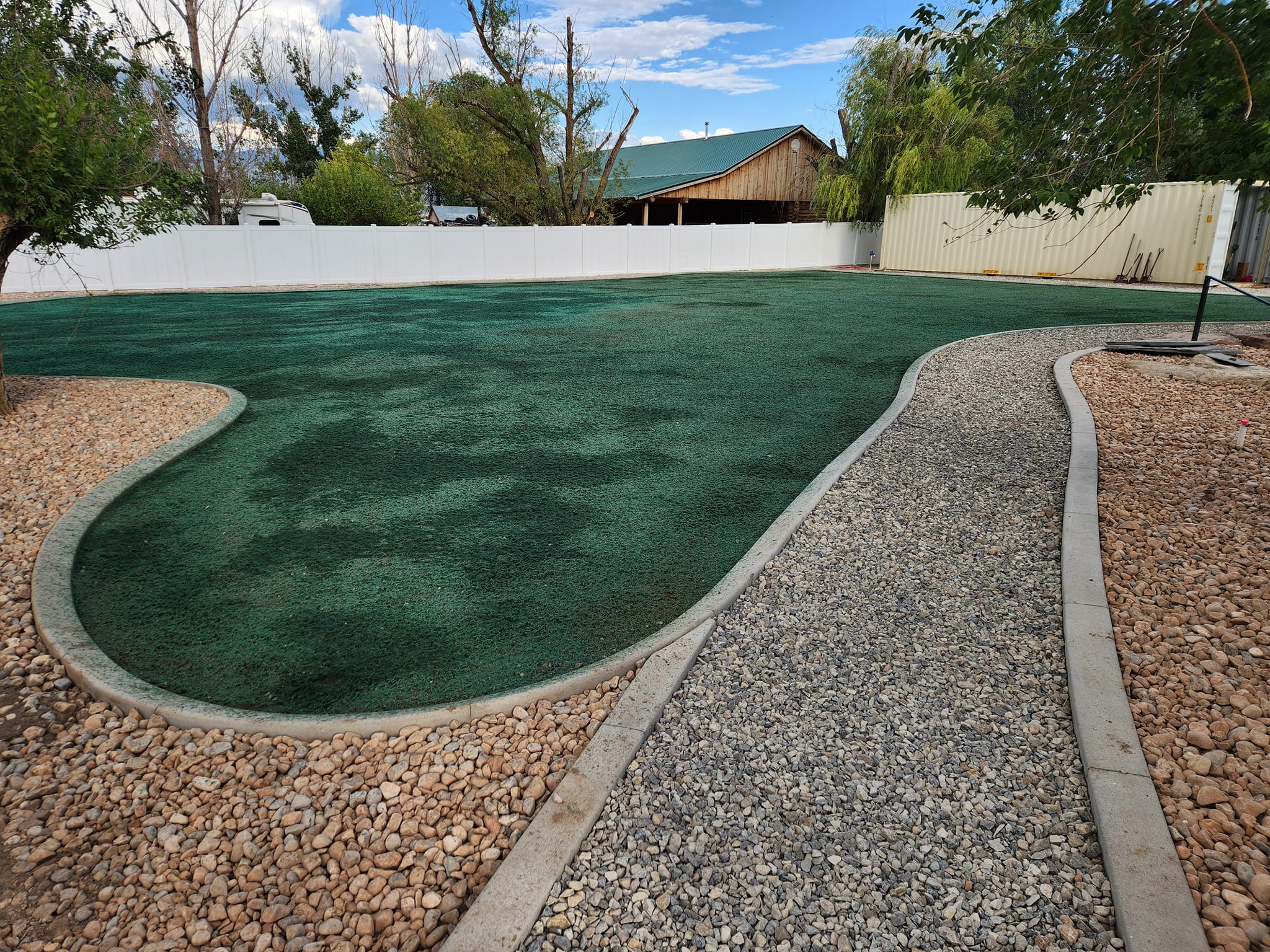
Designing Sustainable Water Features for Your Garden Oasis Sep 05, 2025
As you embark on creating this serene escape in your backyard, it's essential to prioritize eco-friendly practices. Sustainable water features not only enhance the aesthetic appeal of your garden but also support local ecosystems, making them a wise investment for nature lovers.
To begin with, consider incorporating rainwater harvesting systems into your garden design. These systems collect and store rainwater, diverting it to your garden features. By utilizing rainwater, you minimize dependency on municipal water sources, reducing your ecological footprint. Harvested rainwater is ideal for feeding small ponds and fountains in your garden, supplying a natural and sustainable water source.
Another sustainable option is to incorporate solar-powered pumps into your water feature design. Traditional water pumps can be energy-intensive, but solar-powered alternatives harness the sun's energy to circulate water efficiently. They require less maintenance and reduce electricity costs, making them a cost-effective and environmentally friendly choice.
Moreover, native plants play a crucial role in designing sustainable water features. These plants are adapted to local climates and require minimal watering once established. By choosing native species surrounding your water features, you create a self-sustaining ecosystem that supports local wildlife. The use of such plants can significantly reduce water usage, promoting environmental conservation.
Consider installing a recirculating waterfall or stream. These features recycle water within a contained system, significantly reducing water waste. They are not only visually appealing but also offer the soothing sound of flowing water. Recirculating systems can be enhanced with natural elements like rocks and boulders, creating authenticity and further reducing water loss through evaporation.
Incorporating permeable surfaces in your garden design is another strategy to promote sustainability. Materials like gravel, pebbles, and permeable pavers allow water to seep through, replenishing groundwater supplies and reducing runoff. This practice decreases the risk of erosion and pollution, ensuring your water features and the surrounding landscape flourish harmoniously.
When planning your garden, prioritize small-scale water features that require less water and maintenance. Bird baths, small fountains, or even a modest fish pond can deliver the desired aesthetic without overextending resources. These features can transform your garden into a peaceful retreat without the burdensome water requirements of larger installations.
Finally, regular maintenance is key to sustaining any water feature's functionality and environmental impact. Regularly check for leaks, clean filters, and manage plant growth to ensure your water feature remains efficient and eco-friendly. Routine care prevents water waste and supports the long-term health of your garden ecosystem.
By following these practices, you can create a beautiful and sustainable garden oasis. At Green Scapes Landscaping, we are committed to guiding you through this journey with expertise and passion. Our team is ready to help you design a garden that not only enhances your home but also contributes positively to the environment.
In conclusion, integrating sustainable water features into your garden design offers a multitude of benefits. From conserving water to supporting local ecosystems, these features embody a commitment to environmental stewardship. As you transform your landscape, remember that every drop conserved is a step towards a more sustainable future. Let Green Scapes Landscaping be your partner in creating a garden oasis that buoys both beauty and the planet’s health.
/filters:no_upscale()/media/e6cfbcac-e222-4b30-8356-0fbae58f8c64.png)
/filters:no_upscale()/filters:format(webp)/media/6edac668-f894-45fc-ad31-ac75c87473b4.jpeg)